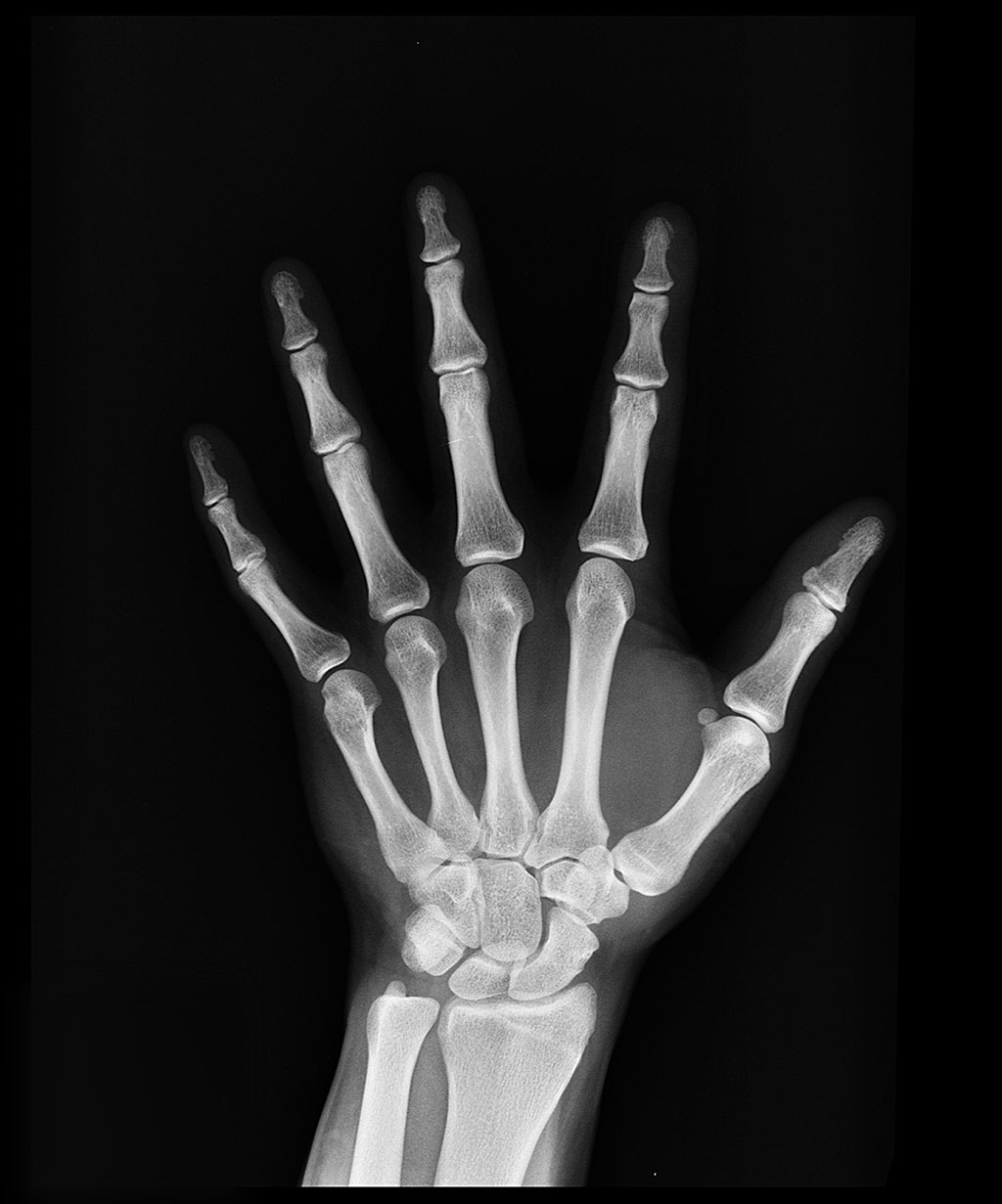AI Algorithm Beats Emergency Physicians at Detecting Fractures on X-Rays
Posted on 14 Mar 2023
The field of diagnostic imaging has seen remarkable progress in the application of artificial intelligence (AI), notably in identifying fractures in conventional radiographs. Despite notable advancements, limited research exists on detecting fractures in the pediatric population, given their unique anatomical differences and age-related changes. Failure to identify fractures in children can have serious implications on their growth and development. Now, a new study suggests that deep learning algorithms can aid in the detection of fractures in children.
Researchers at Caen University Medical Center (Caen, France) carried out a study to assess the effectiveness of an AI algorithm, based on deep neural networks, in identifying traumatic appendicular fractures in a pediatric population. The aim of the study was to compare the sensitivity, specificity, positive predictive value, and negative predictive value of various readers and the AI algorithm. The retrospective analysis involved close to 900 patients under the age of 18, who underwent non-life-threatening trauma imaging. Image specialists retrospectively analyzed radiographs of the shoulder, arm, elbow, forearm, wrist, hand, leg, knee, ankle, and foot for the study.

When it came to identifying fractures, the AI algorithm outperformed emergency physicians, but was unable to surpass experienced radiologists. The algorithm successfully predicted 174 out of 182 fractures with a sensitivity score of 95.6% and specificity of 91.6%, as compared to a sensitivity score of 98.35% for pediatric radiologists and 95.05% for senior residents. ED physicians showed a sensitivity score of merely 81.87% and junior residents notched 90.1%. In addition, the AI algorithm also detected three fractures (or 1.6%) that were initially undetected by a pediatric radiologist.
“Failure to diagnose fractures early in children may lead to serious consequences for growth,” said lead author Idriss Gasmi, with the Department of Radiology at Caen University Medical Center in France. “This study suggests that deep learning algorithms can be useful in improving the detection of fractures in children.”
Related Links:
Caen University Medical Center














